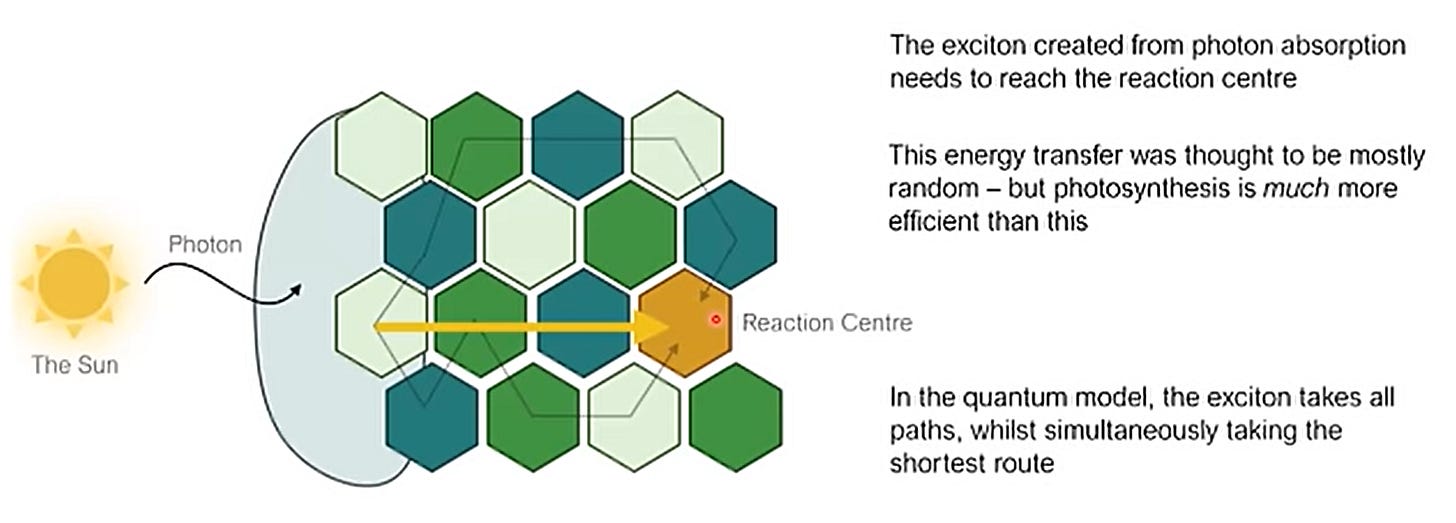In the forward of the most recent addition of Erwin Schrödinger’s, ‘What is Life’, Roger Penrose writes:
“Like so many works that have had a great impact on human thinking, it makes points that, once they are grasped, have a ring of almost self-evident truth; yet they are still blindly ignored by a disconcertingly large proportion of people who should know better. How often do we still hear that quantum effects can have little relevance in the study of biology…?”
This was written in 1991. Penrose, one of the greatest minds of our generation spoke of quantum effects taking place in biology as being self-evident. Fast forward to 2007, and the quantum model for photosynthesis by Graham Fleming and colleagues is reluctantly accepted against great resistance by the scientific community at large. Later, Neill Lambert’s group gave even more credence to the concept of quantum biology. Even more recently, groups including Frankie Rawson’s have demonstrated with more detail than ever before, the nature of quantum mechanical effects in cellular respiration and homeostasis. Yet, there looms over the scientific community at large a skepticism than anything other than biochemistry governed by classical mechanics is fanciful — let alone having relevance in medicine.
“A troubled researcher is an unproductive one.”
— Isabelle Stengers, Another Science is Possible



